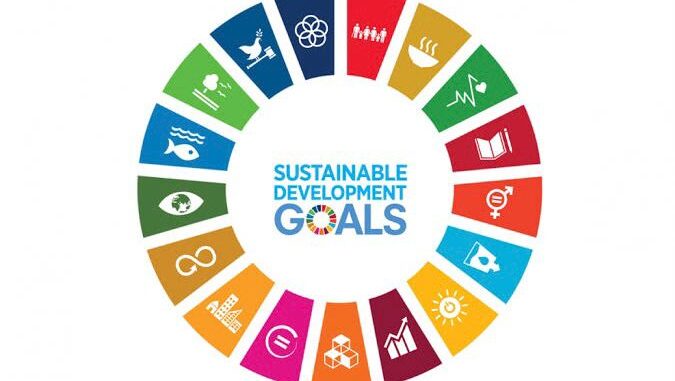
The ASDR 2024 report was unveiled on the sideline of the African Economic Conference in Gaborone, Botswana.
The African Sustainable Development Report (ASDR) 2024 restates that progress on the Sustainable Development Goals (SDGs) and Agenda 2063 has continued to mount challenges.
The ASDR 2024 report was unveiled on the sideline of the African Economic Conference in Gaborone, Botswana.
The report was jointly produced by the United Nations Economic Commission for Africa (ECA), the United Nations Development Programme (UNDP), the African Development Bank (AfDB), and the African Union.
The report was presented by Oyebanke Abejirin, officer-in-charge of ECA’s development planning, macroeconomics finance and governance division.
Ms Abejirin quoted the report as saying that less than six per cent of the 32 measurable SDG targets are on track for achievement by 2030.
She said the report findings indicated that Africa was regressing on key indicators as poverty remained a significant challenge, with over 55 million Africans pushed into poverty in 2020 alone.
Ms Abejirin said more than half of the global poor now reside in Africa, and extreme child poverty was alarmingly high, with seven out of ten of the world’s poorest children living on the continent.
According to her, employment, often seen as a remedy for poverty, offers little reprieve as one in three employed Africans remains poor, compared to a global average of 6.38 per cent.
The AfDB stated that climate finance had remained woefully inadequate, covering just 11 per cent of the $277 billion needed annually to address the crisis.
Ms Abejirin said while African nations have made strides in signing strategic frameworks like the Sendai Framework for Disaster Risk Reduction, implementation remains inconsistent.
The AfDB official stated that official development assistance (ODA) had remained below the 0.7 per cent target, and foreign direct investment, though rebounding to 83 billion dollars in 2021, lagged behind its 2014 peak.
According to her, debt distress has also weighed heavily on African economies, complicating development efforts.
Ms Abejirin said the ASDR’s policy recommendations included scaling concessionary financing, integrating SDG and Agenda 2063 goals into national plans, strengthening agricultural infrastructure, and leveraging the African Continental Free Trade Area (AfCFTA).
Ms Abejirin said the ASDR 2024 serves as both a wake-up call and a roadmap for African nations and their development partners to accelerate progress amid growing challenges.
Leave a Reply